
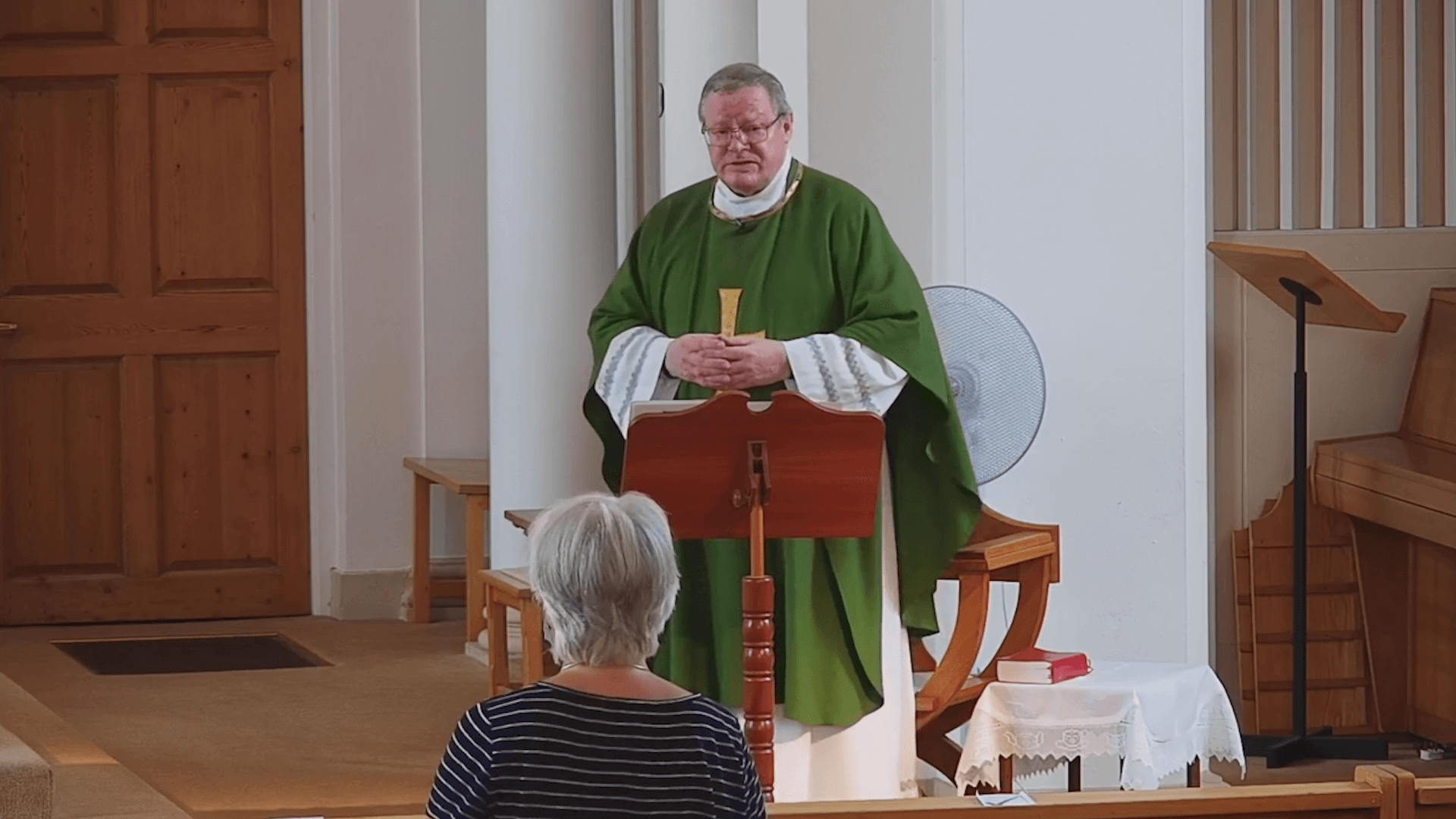
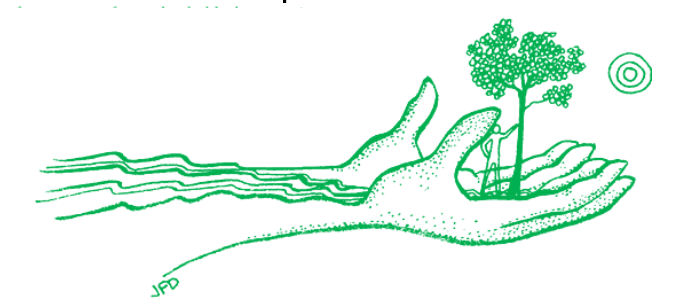

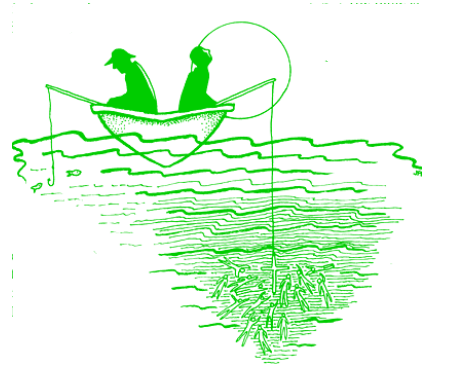

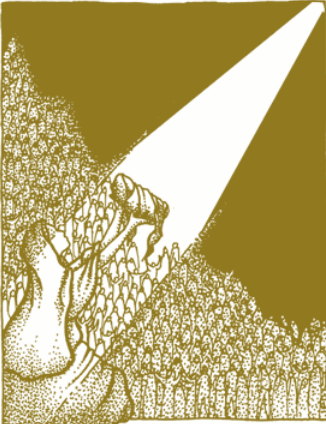


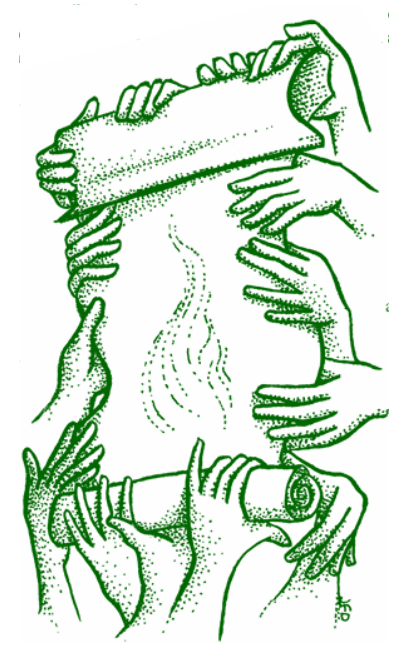
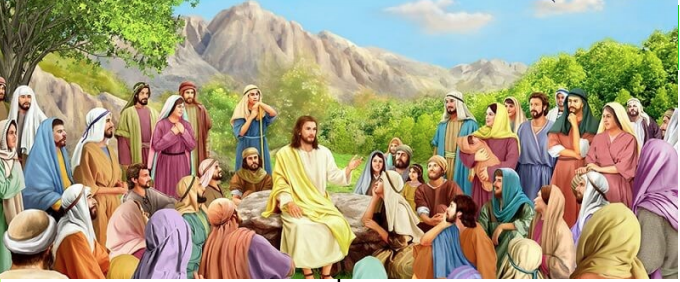
Luke’s Beatitudes are part of a sermon on the plain, not on a mountain as was Matthew’s chosen setting. It is not geography that governs each evangelist’s choice, but rather theology and the particular challenge each emphasises for different communities. Luke’s setting reflects Jesus’ very down-to-earth ground rules for inclusion in the kingdom of God. The Lukan Beatitudes are less spiritualised than Matthew’s and, consequently, have more concrete social implications. His words put down the standards of his society and raise up those of the kingdom of God. Jesus is indulging in neither scare tactics nor praise for complacent satisfaction with one’s social status, so how do we “transplant” these words into our own lives and society two thousand years later?
For Luke, the poor were not just the poor in spirit (as in Matthew 5:3); they were the economically impoverished, the people on the margins, pushed there by a society that did not take seriously the covenant responsibility to which Moses and the prophets had called them. The poor are specially loved by God, not so much because of what they are, but because of what God is - the compassionate defender of the weak and powerless (Deuteronomy 10:18; Amos 2:6-7). As the liberation theologian Gustavo Gutierrez wrote in his 1991 essay in Voices from the Margin: “God has a preferential love for the poor not because they are necessarily better than others, morally or religiously, but simply because they are living in an inhuman situation that is contrary to God’s will. The ultimate basis for the privileged position of the poor is not in the poor themselves but in God, in the graciousness and universality of God’s agapeic love.”
As individuals, church, governments, our justice re-presents God’s justice to the world. The poor, hungry, weeping, and persecuted people are those for whom the church calls us to make a special option, one that will have both personal and political consequences. Our option for the poor is to be preferential not exclusive, respectful not denigrating, enabling not patronising.
Since the poor do not need to be told that they are poor, it seems that Luke has very much in mind the audience of affluent, comfortable, and self-satisfied Christians in his communities. To make sure that poverty is not romanticised, Jesus speaks the next two beatitudes to the hungry and weeping. Jesus and the early church, in his Spirit, will provide for the hungry (Luke 9:17; 16:21; Acts 6:1-4), and tears are more precious in God’s sight than derisive laughter (Luke 7:32, 38).
Discipleship is not to be domesticated; it may demand the high price of hatred, exclusion, scorn, and eviction from the places of the privileged. It is the struggle for justice when, for example, low-income housing estates are gentrified or when those who fear a drop in their land values protest about group homes for people with disabilities being built in their neighbourhood.









